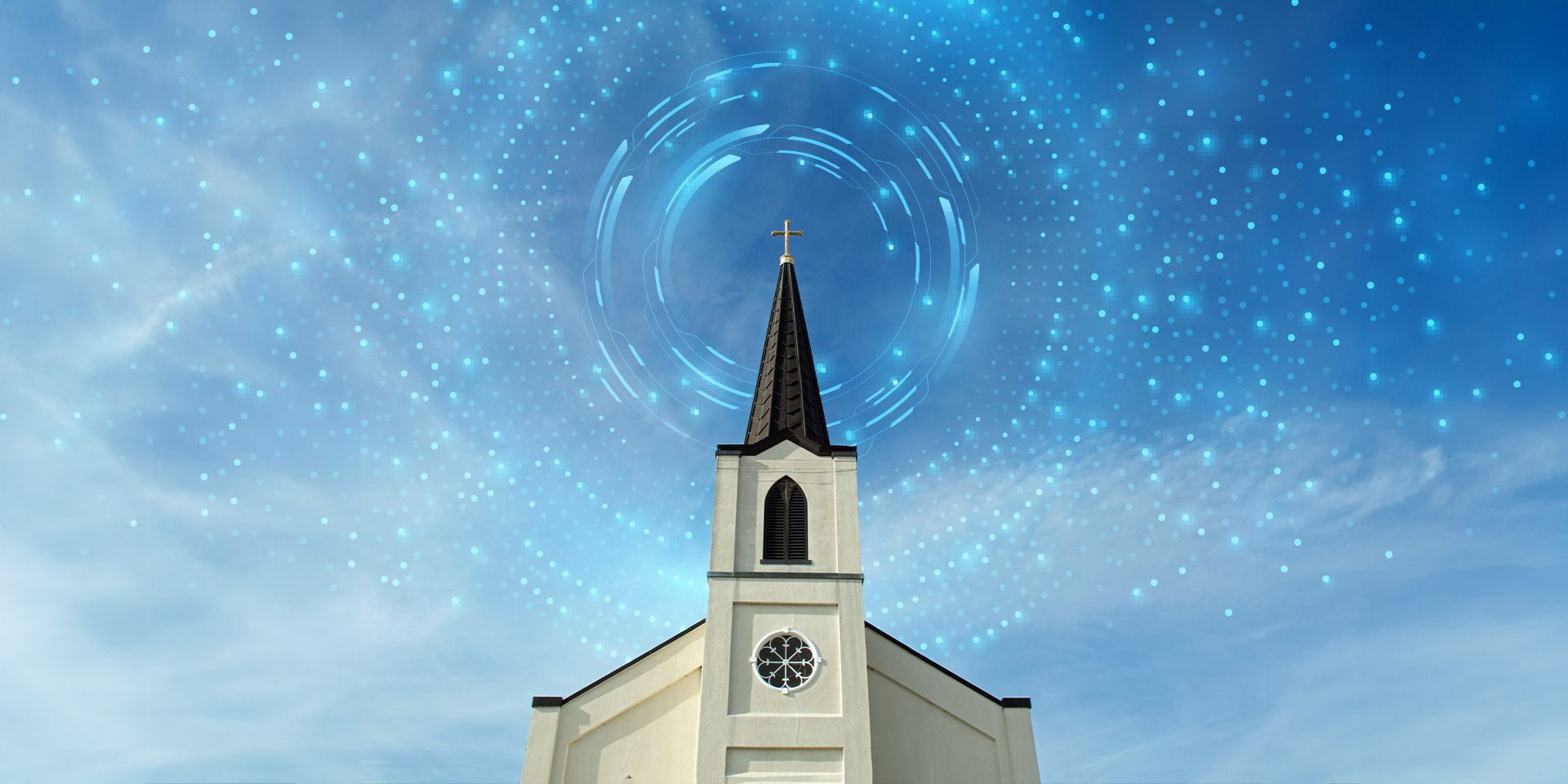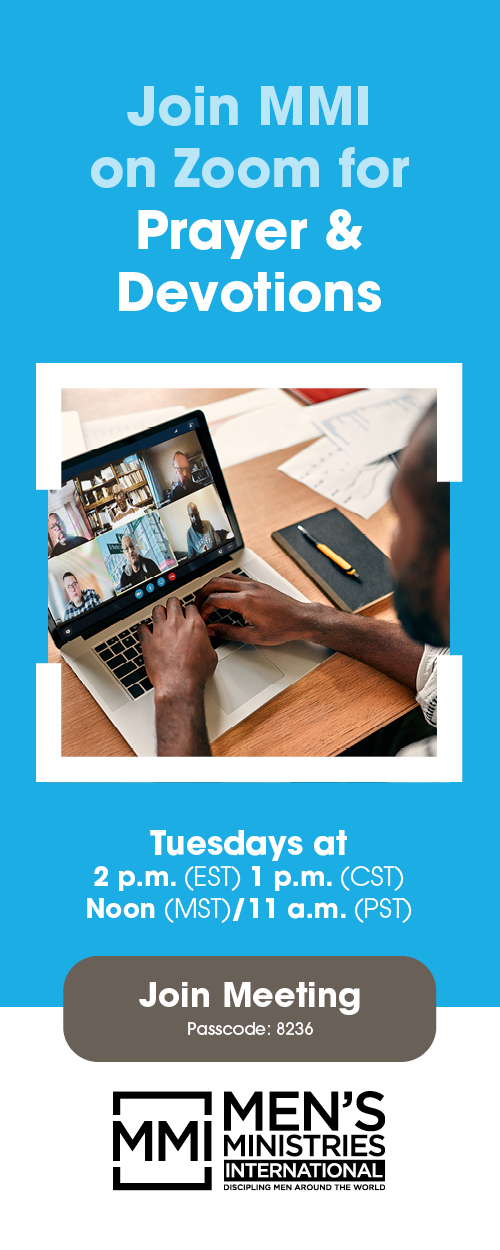By Kayleigh Clark
Many voices are commenting on the church today. Messages tucked into documentaries, news articles, and social media threads seem to shout accusations at the church. Hypocrisy, scandal, and abuse — words that often carry with them a sense of shame — seem even more shameful when applied to the body of Christ.
As these words of critique and judgment grow louder, there is another set of voices seeking to discredit those who would say anything that might shed a negative light upon the church. Their message carries a tone of defensiveness. Truthfully, the messaging is equally harsh. It is full of dismissing statements such as, “Not all churches are like that.” “They’re not giving a true picture of what the church is like.” “They’re just trying to make a profit.”
_
“Listen closely to these words, and you will hear the call of God to His church today.”
_
Yet, somewhere in the middle of those that would condemn the church and those that would seek to defend it is another voice. It is a tender one. It is one that drips with compassion as it beckons the church to a place of transformation and restoration. It is the voice of God, the one who calls the church His bride.
We hear this voice in the prophetic text of Hosea. When speaking of His people who have forgotten their identity and have turned away from Him, God says, “Therefore I will charm her, and bring her into the desert and speak tenderly to her heart. From there I will give her vineyards, and make her Achor Valley a door of hope. There she will respond to me as in the days of her youth, like in the time when she came out of the land of Egypt. On that day, says the Lord, you will call me, ‘My husband,’ and no longer will you call me, ‘My Lord’” (Hosea 2:14–16 CEB).
Listen closely to these words and you hear neither a tone of shame nor a dismissal of trouble. Rather you hear the tender voice of a bridegroom so in love with his bride, so desiring of her return to her true identity. Listen closely to these words and you hear an invitation to healing from great pain. Listen closely to these words, and you will hear the call of God to His church today.
_
“God does not deny that there are areas of great trouble within Israel.”
_
Trouble and Transformation
The documentaries, news articles, and social media threads that draw attention to the abuse, scandals, and volatile leadership within churches may appear condemning, but they are often more in line with the voice of God in this passage than dismissing voices that seek to minimize or ignore the pain within the church, for they dare to name the Achor Valleys. The Hebrew word achor in this passage translates as trouble. God does not deny that there are areas of great trouble within Israel. He names it as such. This naming is essential for healing.
Benjamin William Hastings, a singer and songwriter from Hillsong, writes the following lyric in his song “Cathedrals of the Nelder Grove,” which details his response to the uncovering of abuse within Hillsong’s leadership. He writes, “They stripped the paint from our cathedral, found concrete cancer in the walls. Look, I don’t care about the failings, ’cause I’ve got plenty of my own, but the inclination to conceal it, well, that doesn’t sound like church at all.”
The disclosure of abuse and violence occurring within the church can feel greatly offensive to those of us who deeply love the church. However, Hastings reminds us that concealing such behavior is not the call of the church, and perhaps, instead of hearing the news as condemning accusations, we might rather hear it as a tragic diagnosis from a compassionate doctor who desires to set us up with the right treatment plan. That is what God does for the people of Israel in this passage in Isaiah. He names that there is trouble in their midst, but He does not end there. Rather He speaks of transformation. He will take their valleys of trouble and turn them into doors of hope.
As God details this work of transformation, it becomes clear that this movement from trouble to hope is found in the restoration of the people of Israel, of drawing them back to their core identity as His bride, as His beloved. Verse 16 states, “You will call me, ‘My Husband,’ and no longer will you call me, ‘My Lord.’”
Some translations translate Lord as Master. In other words, there is a shift in the relationship between Israel and God. They are to be in a loving covenant with Him. They are to recognize that they are His, loved by Him, cared for by Him, passionately pursued by Him. There is to be intimacy between them not possible in a relationship between a servant and a master. This is who they are created to be, and though they have wandered from their core identity, God will bring them back. He will restore them, and in their restoration they will experience a transformation from trouble to hope.
_
“When it comes to addressing abuse within the church, we must hold to this place in the middle. We do not join the voices of the media that cover the church with condemnation and shame, but we also must not minimize or ignore the wrongdoing.”
_
Reminded of the Call
When we read this passage for the church today, it invites us to join God’s tender call to His people. The truth is there are valleys of trouble within the church. Hillsong is not the only congregation with “concrete cancer in its walls.” Spiritual abuse and religious trauma are realities faced by many. As people who love the church, we cannot allow the media to be the only ones naming the trouble within the church. The media will stop its message with the uncovering of the suffering, but when we join the naming of what is wrong, we do not stop there. When we join God in His tender call to the church by naming wrongdoing, by identifying ways the church has stepped away from its core identity, then, and only then, can we also begin to remind the church who it is called to be. We can call her back to her identity as the bride of Christ. We can invite her to allow God to work for her transformation and restoration.
As a pastor in the Free Methodist Church USA, fellow members of my denomination and I are often reminded that we are people of “the middle path.” When it comes to addressing abuse within the church, we must hold to this place in the middle. We do not join the voices of the media that cover the church with condemnation and shame, but we also must not minimize or ignore the wrongdoing. Rather we join God’s tender voice in the middle as we call the church away from its valleys of trouble that it might be a door of hope for the world.
+

Kayleigh Clark is a lover of Jesus and His church. She is an ordained elder in the Free Methodist Church and a Th.D. candidate at Kairos University. Her current dissertation research seeks to identify a path toward healing for congregations that have experienced internal collective trauma. She is the founder of Restor(y), a resourcing, training, and consulting ministry dedicated to partnering with local churches on the journey toward healing. She lives with her husband, Nate, and their son, Timothy, in Maryland where she has the privilege of shepherding a wonderful group of people at The River, a dinner church that meets in her living room. When she is not writing, studying, or imagining ways toward a healthier church, Kayleigh can be found outside with her family or in pursuit of the best local chai tea latte.
Great Writing + Discipleship Materials
RELATED ARTICLES











